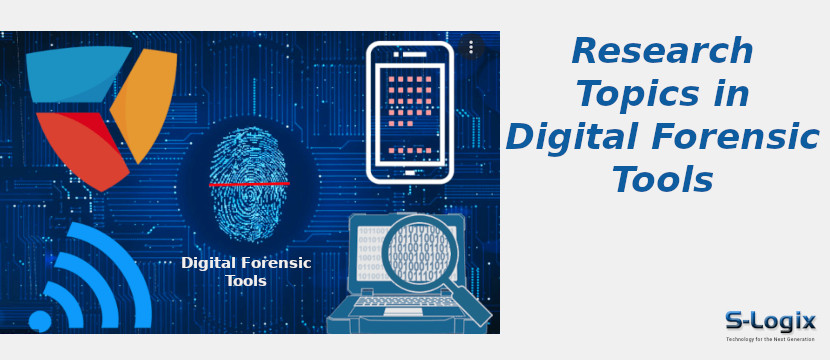In digital forensics, computer forensics tools have become the most promising technical development in the past decades. Digital forensics identify and collect the evidence from autonomous devices, mobile devices, personal computers, industrial machines, servers, computer networks, and cloud-based systems. Due to the investigation on the different platforms, many digital forensic tools are to be utilized by the investigators to conduct the investigation on the digital devices.
The main aim of the digital forensic tool is to protect the digital device or platform against money laundering, privacy preservation, blackmailing, corruption, unauthorized access, identity theft, and so on. Hence, forensic practitioners have developed a wide variety of open source and commercial digital forensic tools to assist forensic investigators.
With the ever-growing storage capacity of digital devices, digital forensics tools cannot investigate the hundreds of gigabytes of data. In addition, investigating the data stored in a hard disk alone becomes ineffective even the forensic tools ensure the sophisticated analysis. Hence, it is vital to develop digital forensic tools with the adoption of high-performance computing to enable the investigators to identify and analyze the evidence.
